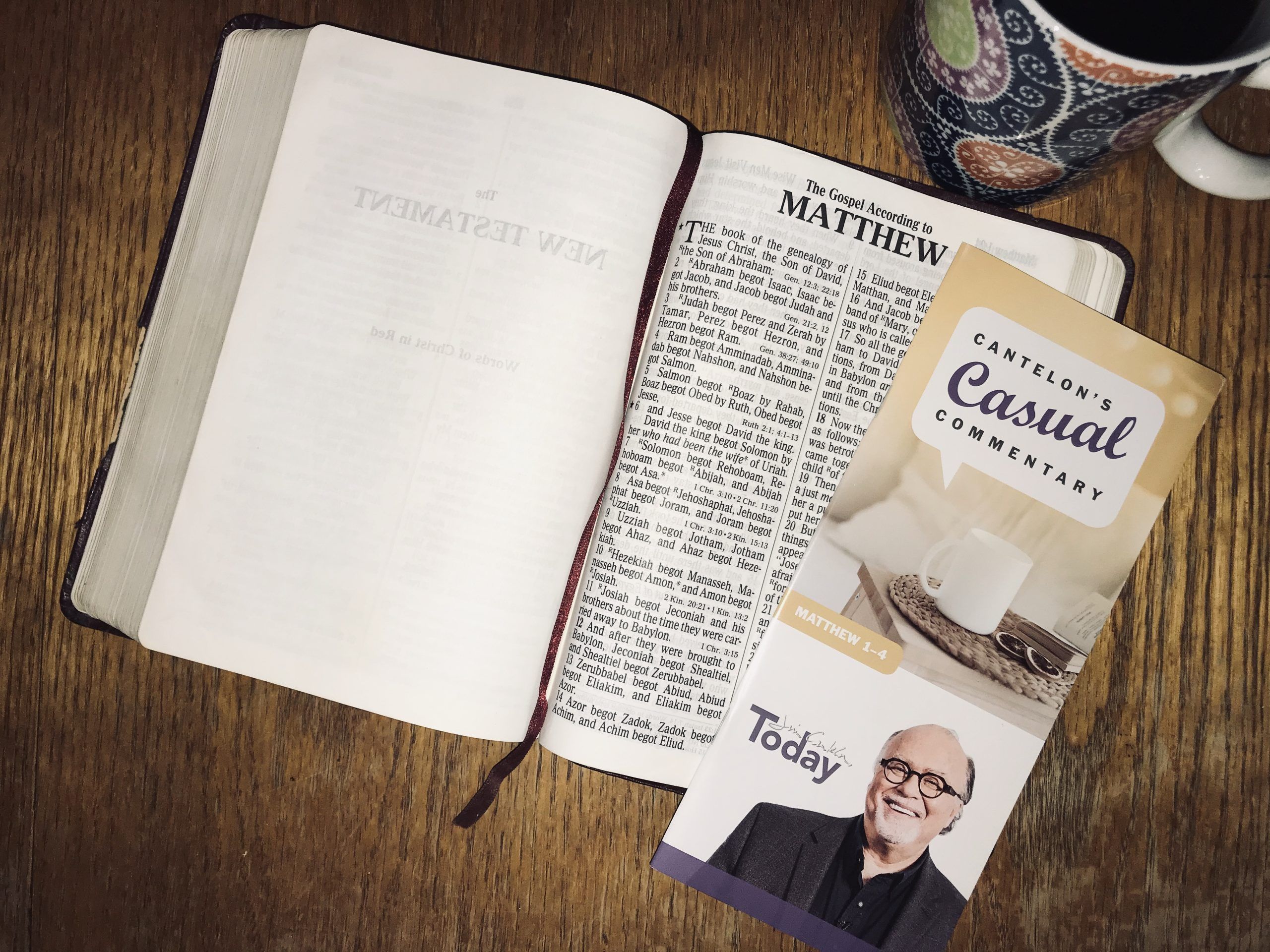April 22, 2020
Jesus’ Baptism Matthew 3:13-17
The big question here is “Why?”. Why would the sinless Son of God intentionally submit to John’s baptism of repentance? Some commentators suggest it betrayed a dawning awareness on Jesus’ part that he was special. Others say he did so because he was anticipating a “word from Heaven”. Still others suggest he began his public ministry by taking on the sins of mankind (thus the need for baptism) and ended it by dying for those sins. Even John himself wonders “Why?”. He tried to stop Jesus with “I need to be baptized by you.” (The word “need” in the Greek suggests a “gap” – thus, “There is a gap in my ministry. It’s not complete”). Regardless, the mystery is only partially solved by Jesus’ response, “It is proper for us to fulfill all righteousness.” What does he mean by that?
In the Old Testament scriptures the word for righteousness is “zedek” or “zadkah”. It refers to the fulfillment of mankind’s relationship with God. As such it is both a present and an ongoing process that will see fulfillment ultimately in heaven. Righteousness is a “space/time” characteristic of those who have an “eternal” worldview. Jesus took on “space/time” limitations in the incarnation. In that context he saw himself as “Son of Man”. As such he must “fulfill” his relationship with the Father. He knew the Father was at work in John’s “fore-running” ministry. He also knew he was about to be severely tested by Satan. The baptism was synchronous with a process that would ultimately result in the cross and an empty tomb.
God’s pleasure at Jesus’ submission to John’s baptism was immediately expressed by the descent of “the Spirit of God” alighting on Jesus like a “dove”, with the loving assertion “This is my Son whom I love; with him I am well pleased.” There is an interesting nuance to the word “this” in the Greek. It suggests “this one”. It’s as though the Spirit saw two outstanding men standing in the Jordan, but He put his “finger” on Jesus: “This is the one. Of the two he is the One.” Jesus was to live a singular life from that point on.





